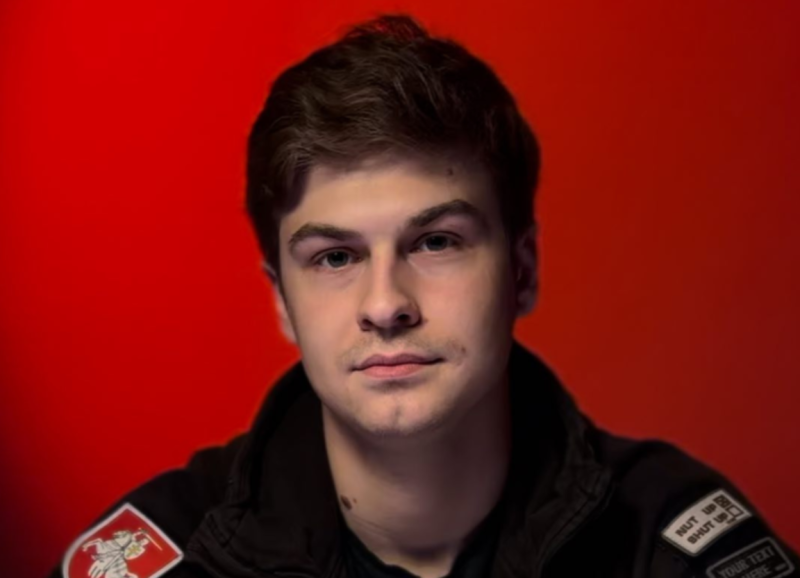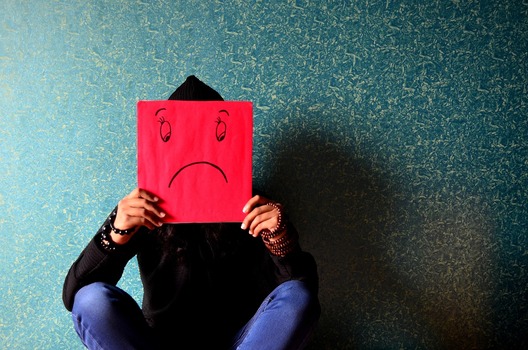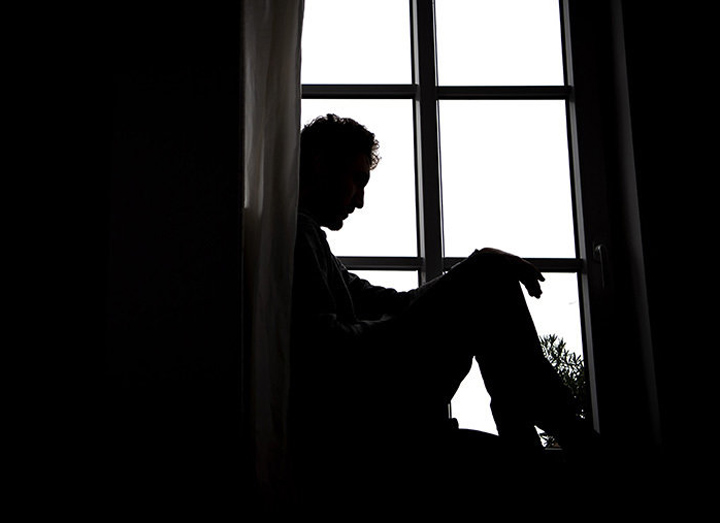"Return to the here and now": how Belarusians who suffered from persecution cope with mental problems
Viasna continues to publish stories where victims of political repression speak about the things that helped them cope with various mental disorders in order to return to normal life faster.
"Only prayer to God, reading the Gospel and the Psalter saved me"
Uladzimir spent two years in Belarusian prisons and wrote five books. In total, he spent two years in high security imprisonment. At Akrescina, he lived opposite the cell of Maryia Kalesnikava. In the pre-trial detention center at Valadarskaha, he was awaiting trial together with Stsiapan Latypau and Uladzimir Tsyhanovich. In Vitba-3 colony, he gave haircuts to Maksim Znak and played chess with Siarhei Piatrukhin. Uladzimir is safe now.
He tells us what helped him cope with mental stress during his imprisonment and how he feels now.
"During my "captivity", only prayer to God, reading the Gospel and the Psalter saved me. I also constantly practiced my mind by writing books. However, over time, as a person lives in a concrete pit, without daylight, consciousness seems to become clouded, and intelligent thoughts hardly get into one's head. Only prayer remains. And the main problem now is rage. Rage towards the regime and those people who serve it and were fed by it. A real temptation.
As my friend said: "The unjust judge only brought a burning wick to the bonfire of the political inquisition, but the twigs were brought one by one by all the other insignificant supporters of tyranny."
"In safety, I realized that I still can't let it go”
Former political prisoner Kanstantsin Karnei says that even after his release, his mental state has not returned to normal and he needs psychological help and therapy.

"During my harsh detention in November 2021, I was 19 years old. For the first three days at Akrescina, I was on adrenaline. Then 11 days of detention, seven days of punishment cell, and three months of Valadarka.
After my release, for two months I lived in anticipation of something irreparable and terrible. I went to the village, and there, on the outskirts, every time I saw a car driving towards the village, I felt a state of stupor: "They are probably coming for me." I even thought about how and where I would run away then.
It's been a year since I left Belarus. It was only on the anniversary of my detention, in safety, that I realized that I still can't let it go. I began to experience a state of deja vu often, even several times a day.
My colleague Dasha Chultsova helped a lot to deal with this condition. But the worst part was the nightmares. I dream that I am back in Belarus, that I need to escape from there.
At the beginning of my departure, I worked with a psychologist. But it wasn't enough. Now I'm thinking of going back to therapy, because I can't manage alone. Such are my flashbacks: in the cell, the security officers, before hitting me, discuss which book to put under their blows. So that they won't leave any bruises. One of them says: "Take the Declaration of Human Rights and beat him through the book."

"I had an airsoft pellet in my leg." Kanstantsin Karnei on medical care at Akrescina
"When I was alone in the cell, I thought that I would go crazy”
Volha is from Navapolack. After her 15-days detention, a psychologist diagnosed her with PTSD, which occurred on the backdrop of chronic depression. She left the country on December 30, 2023.
"By nature, I am freedom-loving and independent, with a keen sense of justice. And when I was arrested for 15 days for subscribing to Telegram channels, conversations with like-minded people helped me cope with the stress. Then, when ordinary prisoners remained in the cell, I tried to do fitness, helped others, so to speak, to lift their spirits. And it helped myself by shifting attention from myself to others. When I was alone in the cell, I thought that I would go crazy.
I can't imagine how people stay in solitary confinement at all. Then, when I was already out, in the first two weeks, I resumed my work almost immediately, and tried to distract myself. It didn't really help, and when I left, it was very difficult. First of all, I left my parents. It was a spontaneous decision: I felt like I wouldn't be left alone and I had to leave. That is, it was forced emigration.
I also had to leave my dog. She was already rather old, and she might not endure moving. I still miss her. Those things combined and formed one picture: now I have PTSD (post-traumatic stress disorder). I turned to psychologists for help, and two psychologists worked with me. One was from a psychological care center. And the second psychologist has private sessions with me.
When there was a holiday in Vilnius, it was the first time I went out into such a large crowd of people, and when I started to approach the square and saw people in uniform, I had a panic attack again. I waited till it finished, that is, I decided that everything would pass, I went to the square. But then a helicopter flew by and they started shooting from machine guns, and I was overwhelmed with a panic attack.
Although this was not the case before, but people in uniform triggered it. Then I gradually began get submerged in studies: I started online courses, first of all, courses on psychological burnout and stress. I signed up for English and Lithuanian language courses, started taking online courses on human rights, then started volunteering: I helped political prisoners who moved here.
Then Volha organized her first workshop. She also signed up for organizing exhibitions and a video project.
"But the main turning point, pulling myself out of the hole, was when a girl I knew called and said that she had been hired to take my place at my previous job. I remember that I was shocked that day. Emotionally, I fell to the bottom: I finally realized that I had lost everything. That is, even if it were possible to return home at that moment, back to Belarus, or stay here, then I would have to start all over again, from scratch.
And that's exactly what I remembered very well, and from that moment the recovery began, I guess you can say so. Now I get invested in my life here. I thought also that I can help myself if I don't hope that tomorrow, the day after tomorrow, I will find myself in my homeland, in Belarus. The longer you live here, the more you grow roots."


















